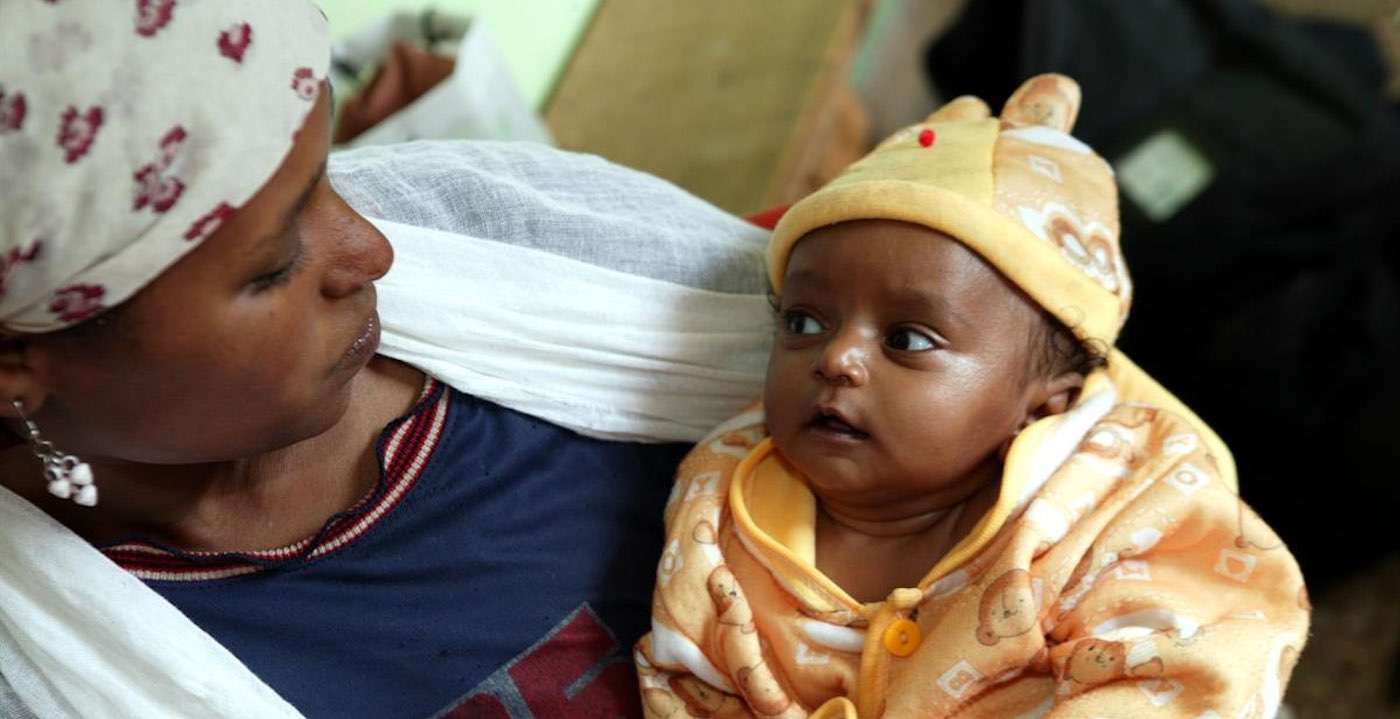Study Reveals the Perfect Number of Extra Minutes' Sleep Per Night For Improved Mindfulness
USF scientists have figured out just how much extra sleep we need each night to improve a sense of mindfulness during the day.

Due to a highly effective global vaccine program, the proportion of children under five who are chronically infected with Hepatitis B has plummeted significantly-to just under 1%.
This is down from around 5% in the pre-vaccine era (the period between the 1980s and the early 2000s), according to new estimates from the World Health Organization
Eliminating viral hepatitis has been part of a UN Sustainable Development Goal to "ensure healthy lives and promote well-being for all at all ages" since 2015.
Reaching a rate of under 1% prevalence of HBV infections in very young children is a huge milestone that brings the world closer to the UN aim of ending hepatitis by 2030.
"No infant should grow up only to die of hepatitis B because they were not vaccinatedâtoday's milestone means that we have dramatically reduced the number of cases of liver damage and liver cancer in future generations," said public health researcher Dr Tedros Adhanom Ghebreyesus.
"Preventing mother-to-child transmission of hepatitis B is the most important strategy for controlling the disease and saving lives. Even in the midst of the COVID-19 pandemic, we must ensure that mothers and newborns have access to life-saving services including hepatitis B vaccinations."
CHECK OUT: New Report Shows Tuberculosis Deaths Have Fallen By 14% in Five Years, Saving 60 Million in the Last Two Decades
The World Health Organization (WHO) is now calling for united and stepped-up action to build on this achievement through intensified efforts to prevent mother-to-child transmission of HBV through testing pregnant women and provision of antiviral prophylaxis to those who need it and maintaining and expanding access to hepatitis B immunization and birth dose vaccine.
Preventing Hepatitis B
Infants can be protected from HBV through a safe and effective vaccine that provides over 95% protection against infection.
WHO recommends that all infants receive a first dose of the hepatitis B vaccine as soon as possible after birth-preferably within 24 hours-followed by at least two additional doses.
This is down from around 5% in the pre-vaccine era (the period between the 1980s and the early 2000s), according to new estimates from the World Health Organization
Eliminating viral hepatitis has been part of a UN Sustainable Development Goal to "ensure healthy lives and promote well-being for all at all ages" since 2015.
Reaching a rate of under 1% prevalence of HBV infections in very young children is a huge milestone that brings the world closer to the UN aim of ending hepatitis by 2030.
"No infant should grow up only to die of hepatitis B because they were not vaccinatedâtoday's milestone means that we have dramatically reduced the number of cases of liver damage and liver cancer in future generations," said public health researcher Dr Tedros Adhanom Ghebreyesus.
"Preventing mother-to-child transmission of hepatitis B is the most important strategy for controlling the disease and saving lives. Even in the midst of the COVID-19 pandemic, we must ensure that mothers and newborns have access to life-saving services including hepatitis B vaccinations."
CHECK OUT: New Report Shows Tuberculosis Deaths Have Fallen By 14% in Five Years, Saving 60 Million in the Last Two Decades
The World Health Organization (WHO) is now calling for united and stepped-up action to build on this achievement through intensified efforts to prevent mother-to-child transmission of HBV through testing pregnant women and provision of antiviral prophylaxis to those who need it and maintaining and expanding access to hepatitis B immunization and birth dose vaccine.
Preventing Hepatitis B
Infants can be protected from HBV through a safe and effective vaccine that provides over 95% protection against infection.
WHO recommends that all infants receive a first dose of the hepatitis B vaccine as soon as possible after birth-preferably within 24 hours-followed by at least two additional doses.
The scale-up of hepatitis B vaccine worldwide over the last two decades, which has been in large part due to the support provided by Gavi, the Vaccine Alliance, has been a great public health success story and contributed to the decrease in HBV infections among children.
In 2019, coverage of three doses of the hepatitis B vaccine during childhood reached 85% worldwide, up from around 30% in 2000.
However, access to the first critical dose within 24 hours of birth remains uneven. Global coverage of this birth dose is 43%, but this drops to 34% in the WHO Eastern Mediterranean Region and only 6% in the WHO African Region.
"Expanding access to a timely birth dose of the hepatitis B vaccine is the cornerstone of efforts to prevent mother-to-children transmission of HBV. For countries especially in regions such as sub-Saharan Africa, where the birth dose of hepatitis B vaccine has not yet been introduced, it is a priority to assure that protection as early as possible," said Dr Meg Doherty, Director of Global HIV, Hepatitis, and STI Programs.
Eliminating mother-to-child transmission of HBV is also an important stepping stone for reaching the targets of WHO's global hepatitis strategy, which aims to reduce new hepatitis infections by 90% and deaths by 65%, compared to 2015 levels.
We'll continue to share hopeful health news from around the world as it comes in.
(Source: WHO)
SHARE the Good News With Friends On Social Media…
Be the first to comment